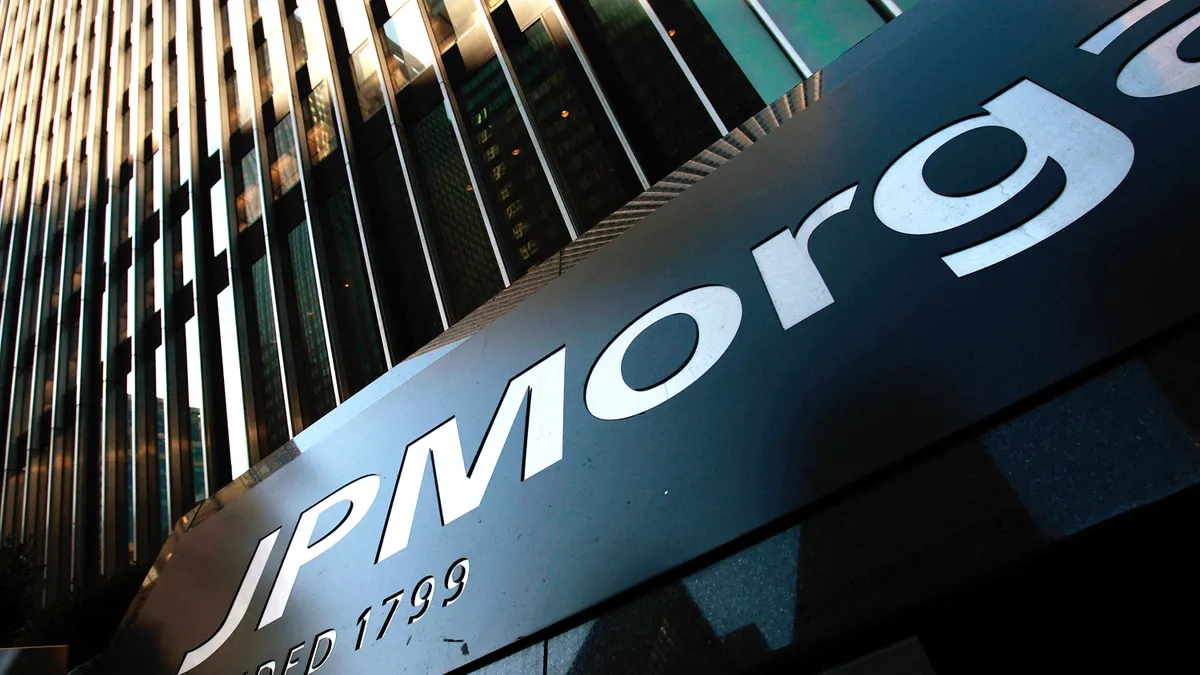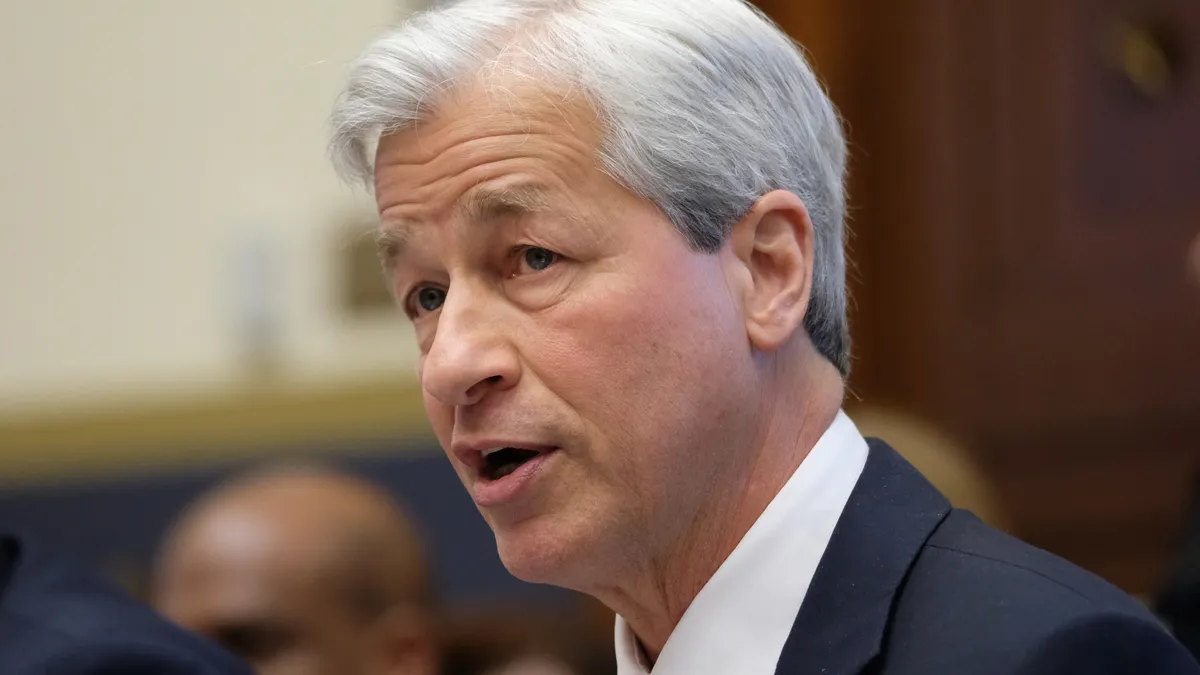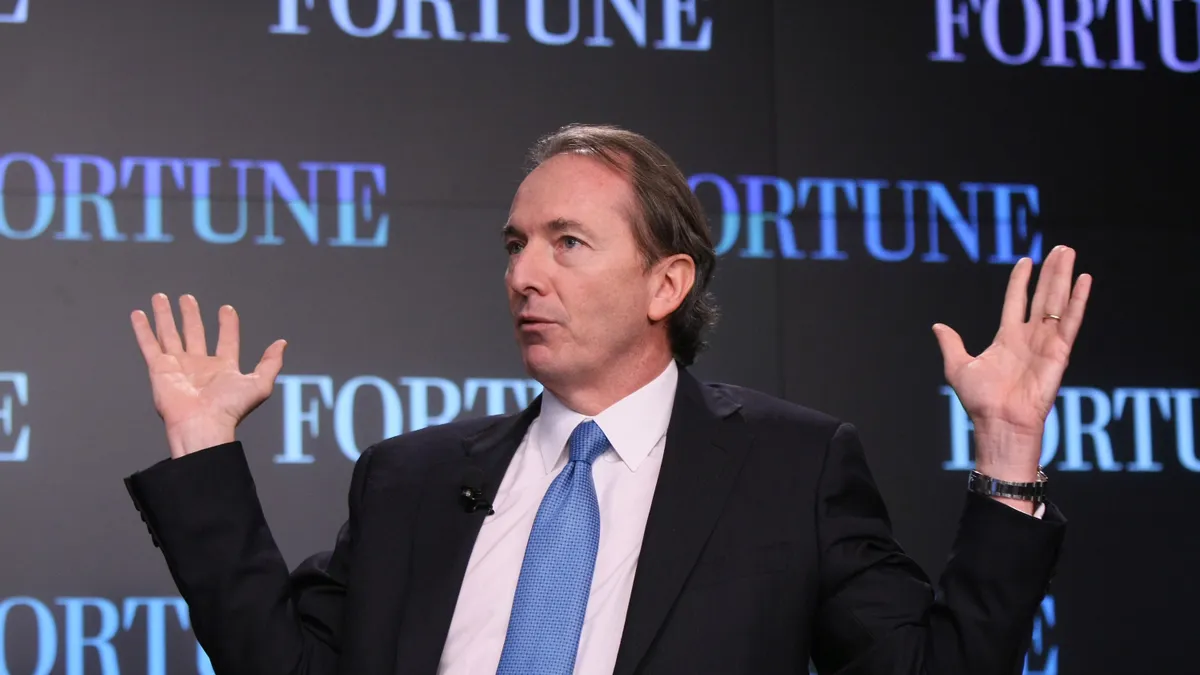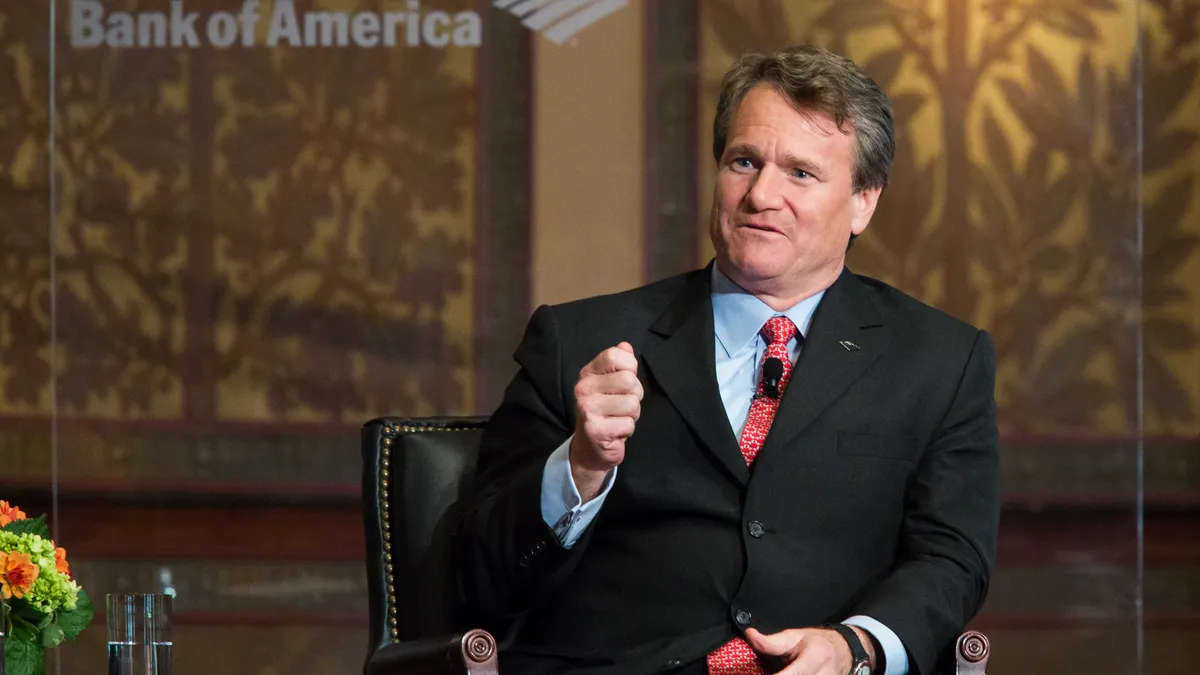The coronavirus pandemic, on its most macro level, may have served as an exercise in flexibility. A banking industry that had traditionally seen some functions as only taking place in a specific environment — a trading floor, for example — was forced to open a parallel universe in which maybe the setting mattered less than the function or the people performing it.
If flexibility and rigidness exist on a pendulum, consider this the pivot point.
Rules have always existed, and perhaps the pandemic allowed companies and its employees to explore gray areas. But eventually every fog clears, revealing what is immovably black and white.
In January 2020, before the pandemic began, JPMorgan Chase put a senior credit trader, Edward Koo, on leave — then later fired him — in reviewing whether he broke the bank’s code of conduct by using WhatsApp group chats to discuss market chatter with other trading employees. In the same case, the bank also cut the bonuses of a dozen other employees.
Banks often review the conversations employees make on older forms of communication — phone calls, emails, IM — and keep records in case accusations of illegal activity such as fraud or insider trading arise. Newer messaging platforms such as WhatsApp proved problematic because messages are encrypted from end to end.
As the pandemic progressed and more employees worked remotely, questions emerged as to how companies would stay in compliance with regulations governing the keeping of such recordings. The Securities and Exchange Commission’s inspections unit, for example, issued an alert prodding companies to consider strengthening their record-keeping efforts.
Now, JPMorgan is ordering traders, bankers, financial advisers and some branch employees to review text messages back to the beginning of 2018 that were made on personal devices — including on platforms such as WhatsApp and WeChat — flag any work-related ones and save them until the bank’s legal department tells them otherwise, Bloomberg reported Friday, citing anonymous sources. Failure to comply could lead to "consequences," an internal notice said, according to the wire service.
JPMorgan doesn’t typically read the messages unless it has cause, one of Bloomberg’s sources said. But the tone of the notice appears to indicate the era of perceived lax regulation is over — or, more accurately, it never existed. It’s just that until now, as bank employees are returning to the office — indeed, Monday is the target return date for U.S.-based Goldman Sachs employees — pandemic mitigation had been the larger concern.
JPMorgan isn’t the only bank whose baseline right now is: What is legal?
State Street launched its new digital unit Thursday, at a time when regulators are indicating they would take a more active role in supervising the cryptocurrency market. Bank supervisors including the Federal Reserve formed a "sprint team" this year with the aim of establishing a "regulatory perimeter."
State Street’s 425-employee digital unit will encompass more than crypto, the bank said, adding it will expand into central bank digital currencies (CBDCs), blockchain technology and tokenization. "We will support everything in crypto services that we are allowed to support from a regulatory perspective," said Nadine Chakar, the executive tapped to lead the unit. "The level of communications back and forth with our regulators is intense."
The black-and-white area surrounding banks’ return to the office is taking shape. Bank executives who sought a more aggressive return timeline bumped up against questions of how far companies could actually push for getting their employees vaccinated.
A memo last week from Goldman Sachs tread that line. "While we strongly encourage you to receive a COVID-19 vaccine, we understand that the choice to get vaccinated is a personal one," the memo read.
The bank required that its employees report their COVID-19 vaccination status by Thursday in an app the bank uses internally. Inquiring about workers’ vaccination status is legal, the Equal Employment Opportunity Commission clarified last month. However, the data must be kept confidential.
Goldman, for its part, is using the honor system: Employees must record the date they received their shots and the manufacturer of the vaccine but don’t need to show proof of vaccination, the memo indicated.
Wells Fargo is asking its employees for their vaccination status, too, but is taking a slightly looser approach. Response to the survey is not required, and the San Francisco-based bank took pains to note that answers would not be shared with respondents' managers, nor would the bank use the data on a person-by-person basis but rather as analysis of trends across job types, regions and business groups.
Banks might expect to keep an eye on legal parameters and tailor developments to that baseline as the pandemic fog continues to lift.
















